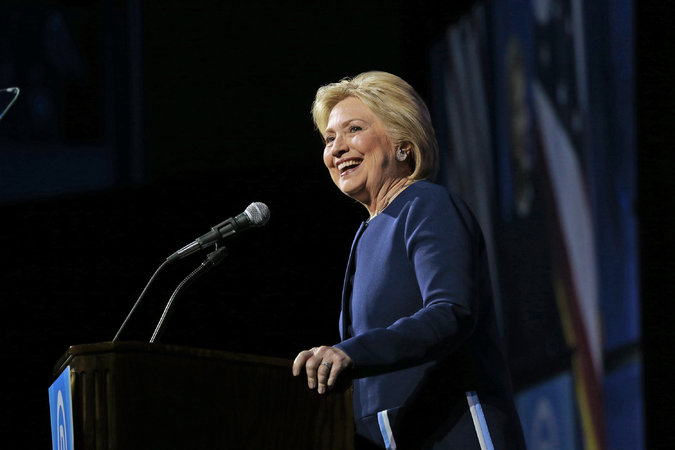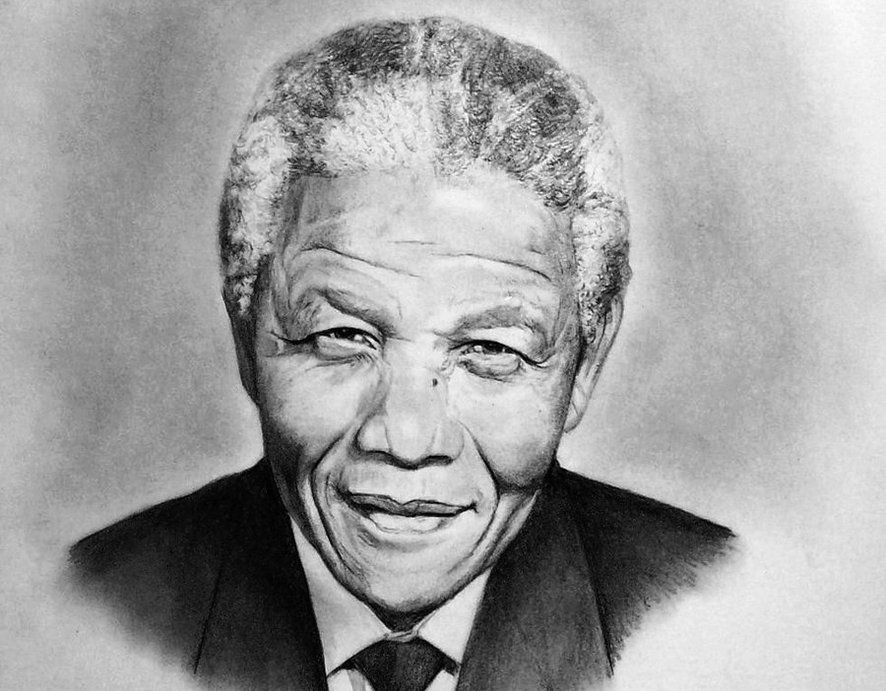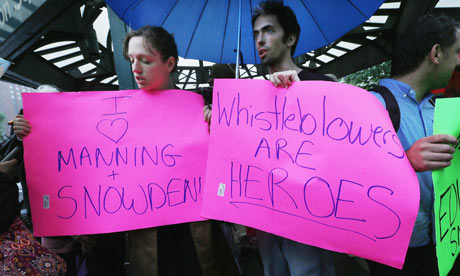Civil liberties: American freedom on the line. The fact that police have the right to monitor the communications of all its citizens – in secret – is a classic hallmark of a state that fears freedom.
A few months before he was first elected president in 2008, Barack Obama made a calculation that dismayed many of his ardent supporters but which he judged essential to maintain his drive to the White House. By backing President Bush’s bill granting the US government wide new surveillance powers – including legal immunity for telecoms companies which had co-operated with the Bush administration’s post-9/11 programme of wiretapping without warrants – Mr Obama stepped back from an issue that had initially helped to define his candidacy but was now judged to threaten his national security credentials. It was a big call. Even so, it seems unlikely that either supporters or critics, or even Mr Obama himself, ever believed that five years later a re-elected President Obama would oversee an administration that stands accused of routinely snooping into the phone records of millions of Americans.
Yet that is the situation at the heart of the Guardian’s exclusive story this week that America’s immense National Security Agency is doing just this on Mr Obama’s watch. The revelation that a secret order, issued by the secret Foreign Intelligence Surveillance Court, requires one of the largest telecoms providers in the US to provide a daily diet of millions of US phone records to the FBI, poses Americans with a major civil liberties challenge. Under the terms of the order, everything about every call made during a three month period – excepting only the calls’ actual contents – is offered up to the bureau and the NSA on a gargantuan routine basis. It seems improbable that the order revealed yesterday is the only one of its kind. So the assumption has to be that this is the new normality of American state surveillance. The special courts set up to monitor and approve industrial data-harvesting appear to provide little check on the scale of the activity.
Few Americans believe that they live in a police state; indeed many would be outraged at the suggestion. Yet the everyday fact that the police have the right to monitor the communications of all its citizens – in secret – is a classic hallmark of a state that fears freedom as well as championing it. Ironically, the Guardian’s revelations were published 69 years to the day since US and British soldiers launched the D-day invasion of Europe. The young Americans who fought their way up the Normandy beaches rightly believed they were helping free the world from a tyranny. They did not think that they were making it safe for their own rulers to take such sweeping powers as these over their descendants.
No one living in Britain should be naive about the reality of the terrorist threat against which such powers are deployed, least of all in the volatile aftermath of the Woolwich murder. Nor, in the light of the revelations from the US, ought we to be smug about the surveillance and data collection that goes on daily in our own midst too. By some readings, similar legal tools already exist here under the regulation of investigatory powers legislation. Both Conservative and Labour MPs have made clear they want new “snooper’s charter” powers over email records. And western European security services, Britain’s GCHQ monitoring agency in particular, have always regarded the ability to trade information with the US authorities as their life-blood.
But it is American civil liberties that are primarily in the spotlight now. Ever since 9/11, the US has allowed the war on terror to frame a new domestic authoritarianism that is strikingly at odds with America’s passionate sense of its own freedom. This week’s revelations have stunned millions of Americans whose justified outrage against 9/11 surely never led them to expect such routine and unrestrained surveillance on such a massive scale. US politicians have a poor post-9/11 record of confronting such powers. Even now, it is possible that many will look the other way. But this is an existential challenge to American freedom. That it has been so relentlessly prosecuted by a leader who once promised to stand up against such authority, makes the challenge more pressing, not less.
The Guardian

 Photo: Jim Wilson, The New York Times
Photo: Jim Wilson, The New York Times

